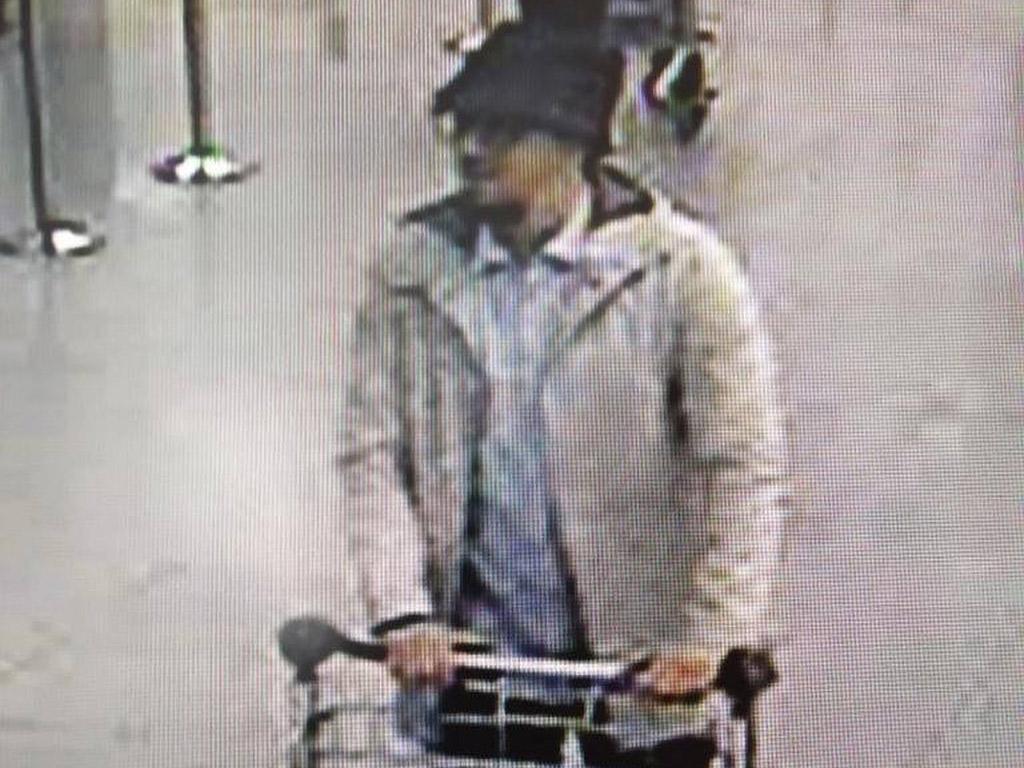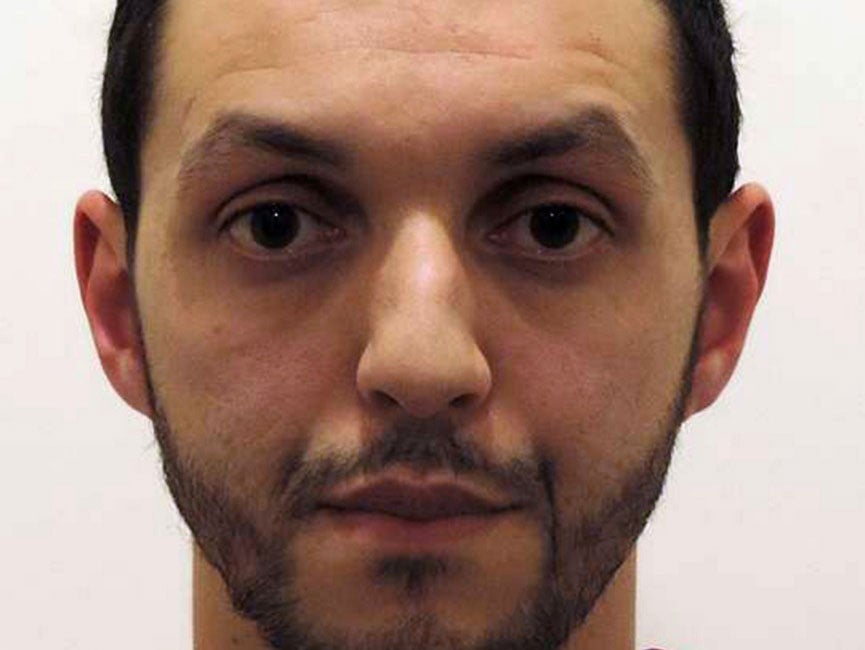Isis: Birmingham pair 'handed Brussels and Paris attacks suspect overpaid housing benefit money' for terrorism
Prosecutors say £3,000 handed over was from account belonging to Isis fighter receiving benefits

A bank account from which £3,000 was allegedly withdrawn to be given to Brussels bombing suspect Mohamed Abrini received thousands of pounds in overpaid housing benefits leading up to the claimed handover, a court has heard.
Prosecutors allege that Abrini received the cash payment from defendant Zakaria Boufassil, 26, together with Mohammed Ali Ahmed, in July 2015, when Abrini travelled to the Midlands from abroad.
The Birmingham pair are charged with supplying “a quantity of sterling currency” to Abrini between 1 June 2014 and 16 April 2016 with the intention of committing or assisting another to commit acts of terrorism.

Boufassil has pleaded not guilty to the charge and denies sharing the intention of his co-accused Ahmed, who, a jury at Kingston Crown Court has been told, admitted the same offence on 8 November.
Abrini is now in custody in Belgium, charged with terrorist murder over the Brussels attacks in March this year, but moved between London, Birmingham and Manchester during his visit to the UK between July 9 and 16 2015.
He became known as “the man in the hat” after being caught on CCTV with two suicide bombers at Brussels Airport and was caught by police days later, following an international manhunt.
Abrini had also been wanted as an accomplice of the Paris attackers, having been spotted with Salah Abdeslam two days before the massacres in a car used to ferry the Stade de France suicide bombers to their target.
The £3,000 handed to him was withdrawn from a bank account held by Anouar Haddouchi, an associate of Ahmed who previously lived in Birmingham before travelling to Syria to fight for Isis, the court heard.
On Friday, jurors were told that Haddouchi claimed housing and council tax benefit from Birmingham City Council from September 2009.
While the council tax reduction was eventually withdrawn, the information about the termination of his tenancy was not passed on to the benefit service which administered the housing benefit, resulting in payments totalling £5,413 being overpaid to the account between December 2014 and November last year.
The court heard that a person claiming to be Haddouchi, who was in fact Ahmed, called Lloyds Bank in May 2015 and reported a lost debit card.
The bank issued a new card to an address in Birmingham, which Ahmed collected after making contact with the new occupant.
Jurors were then shown a table of 17 withdrawals made between 30 May and 30 June 2015, including numerous £300 instalments, and told each was made by Ahmed.
They also heard that telecommunications data suggested a sim card attributed to Boufassil was moved between handsets in the hours before Abrini landed at Heathrow at about 9pm on 9 July 2015, having flown in from Istanbul, Turkey.
The court was also told that geographic patterns drawn from telecommunications analysis suggested mobile phones attributed to Abrini, Ahmed and Boufassil were all in an area encompassing Small Heath Park in Birmingham on the evening of 10 July.

The court has previously heard that a “pre-arranged cash handover meeting” involving the three men took place the following afternoon.
The jury was guided through a detailed phone log of multiple numbers attributed to the trio between 3.29pm and 5.10pm on that day.
Crown prosecutor Max Hill QC asked analyst Dr Iain Brodie if the data was “consistent with them having been together during the period 1529 to 1534”.
Dr Brodie agreed that it was, though he noted there was some contact between the phones at that time.
The jury was also shown a map drawn from two numbers attributed to Abrini, who was dubbed “the man in the hat” after the Brussels attacks, during his entire visit to the UK.
Dr Brodie said it showed phones apparently used by Abrini being in the London area on 9 and 10 July, Birmingham on 10, 11 and 12 July, Manchester on 14 and 15 July and Birmingham again on 15 and 16 July.
The trial before Justice Jeremy Baker continues.
Press Association
Bookmark popover
Removed from bookmarks